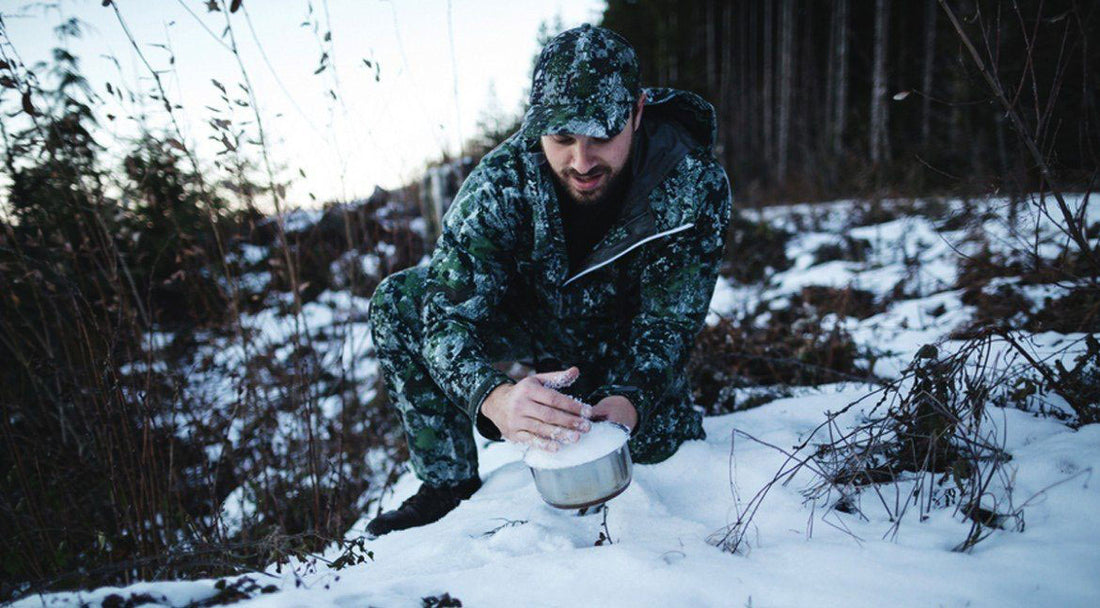There is something magical about playing with snow. Building a snowman, snowball fights and catching a snowflake with our tongue is something we all have done and has been a childhood tradition for kids everywhere. Though it may seem innocent enough, eating snow can potentially be hazardous to the person’s health. Have you thought about what is inside that snow? To determine if eating snow is dangerous, you should consider the following:
The Pollution
The pollution present in the atmosphere adheres to the snowflakes. Imagine the pollution in the air floating around, and as the snow falls, the pollutants stick to the snow before landing on your tongue. Since you can only catch a small number of snowflakes on your tongue, the number of pollutants won’t kill you, but if you’re eating large quantities of snow from the ground, you will be consuming higher amounts of toxic pollutants. Pure white snow that hasn't been contaminated by humans or animals may be full of atmospheric pollutants. Snow on the ground may be full of car pollutants, atmospheric pollutants as well as human and animal contaminants.
The Bacteria
Part of the particles in the composition of snowflakes consists of bacteria and other organisms, according to a study developed by US and French researchers. Rain and snow are formed in the clouds at high altitudes, with the accumulation of tiny ice crystals that aggregate thanks to particles suspended in the atmosphere, or aerosols. A large portion of these particles (up 85 percent) includes cell fragments of bacteria or other organisms that can affect plants and humans. According to researchers, the most common bacteria found in snow is Pseudomonas syringae, which may be harmful to plant life, but has not be found to have any adverse effect on humans.
The Influence of the Temperature
Eating large amounts of snow will lower the body temperature, and the body will have to spend energy to maintain its core temperature. Eating snow can also be harmful to your teeth. It may seem something harmless since a lot of people think that snow is "only frozen water" but snow may be too hard and cold for your teeth. Aside from the risk of breaking your teeth, you are damaging the enamel and leaving them exposed to decay and bacteria.
Conclusion
While eating fresh, clean snow may not kill you, it is advised that you resist the urge. Unless you find yourself lost in the wilderness suffering from dehydration, there shouldn’t be any reason why you would find yourself eating snow. If you do decide to eat snow, make sure that it is fresh falling snow, and not snow that’s been lying on the ground all day. And most importantly, make sure that it isn’t yellow.

